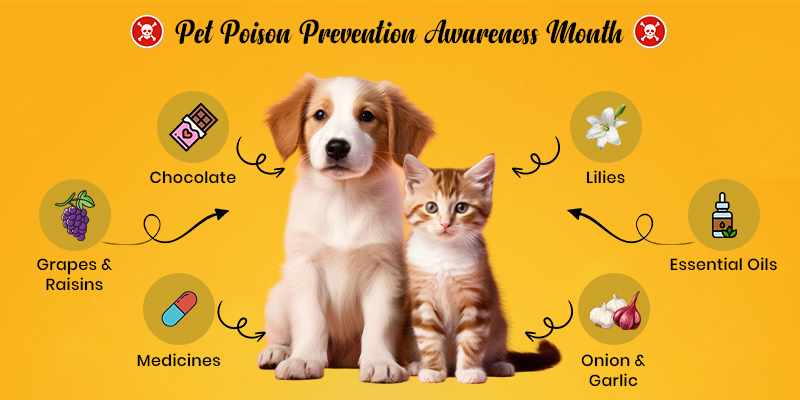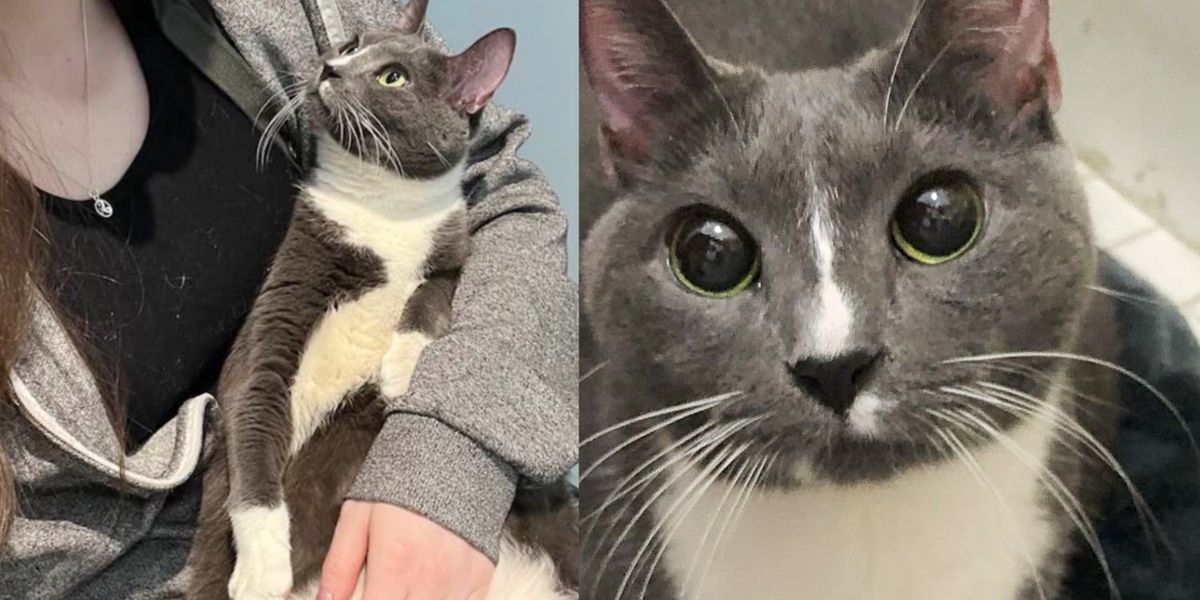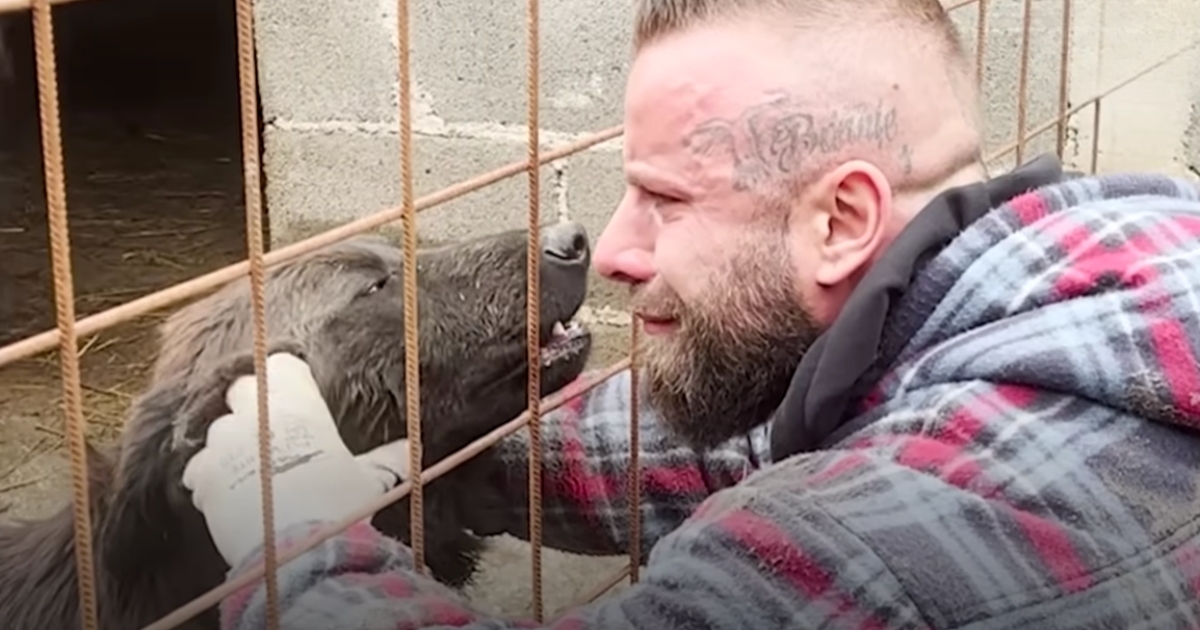
Observed nationwide as Pet Poison Awareness Month, March is an ideal time for us to spread awareness about the adverse effects of pet poisoning. It happens mostly due to lack of knowledge and understanding among pet parents and pet sitters. Therefore, it is important for you to learn to identify the signs of poisoning in pets and how can you prevent it.
In this article, we’re happy to enlighten you about the reasons for pet poisoning, its symptoms, the ways to prevent it and steps to follow to save our pets if they happen to consume something toxic and poisonous.
What leads to pet poisoning?
Many a time, pets end up consuming toxic substance while no one is watching them. It is not an easy task to keep hazardous stuff away from your pet’s reach all the time. They can get sick by consuming accidental spills, yummy-smelling food on the counter, flower bouquets, household plants and dropped pills. It may cause gastrointestinal issues, neurological problems, cardiac and respiratory distress, coma and even death of your beloved pet.
Based on studies, below are the common toxins that you should keep your pets away from.
Dog Poisons
Chocolate
Mouse and Rat Poisons
Sugar-free Gum (Xylitol)
Grapes and Raisins
Medicines
Fertilizers
[Also Read] What foods are Bad For Dogs
Cat Poisons
Lilies (Lilium Species)
Household Cleaners
Essential Oils
Mouse and Rat Poisons
Medicines
Onion and Garlic
Symptoms of Pet Poisoning
Poisoned pets may display mild to severe symptoms depending on the amount and type of toxins they have ingested. You should get in touch with the vet or Animal Poison Centre if you notice any of the following symptoms:
Diarrhea or vomiting, particularly with blood present in them
Lack of appetite
Excessive drooling
Pale gums
Lethargy or restlessness
Collapse
Seizure or tremors
How to prevent pet poisoning?
Prevention is always better than cure. Therefore, it is extremely important to prevent accidental pet poisoning. Let’s have a look at simple steps that can help in keeping our pets safe:
Keep all kinds of medications, especially flavored medicines and chewable tablets safely in cupboards.
If you have a cat, keep it away from lilies. Inform your family and friends about it so that they never get the flower to your home.
Use covered garbage bins as they are a common source of pet poisoning
Keep an eye on your pets while they are outdoors
Be careful while your pet is in the kitchen
Keep them away from indoor plants
Remain prepared for emergencies
[Also Read] How to Be A Responsible Pet Parent
What to do if your pet is poisoned?
If you think your pet has consumed something that may be toxic for them, don’t wait until it is too late. Your first step should be to get in touch with your vet. You will need to give them details including what your pet has consumed, the time of consumption and its amount. If you feel that your pet needs urgent care, take them to a 24/7 emergency hospital.
Concluding Note
As dogs and cats are curious animals and tend to ingest harmful substances, it is important to be aware of potential toxins in your household. Always remember that accurate and timely identification of the pet poisoning is very important.
David joined CanadaVetCare in 2013 as a product analyst and veterinary assistant. Being a passionate pet lover and keen animal health researcher, David had always found ways and solutions to help pet parents to improve their pets’ health. He is always happy to answer pet health-related queries and recommending pet parents for the right pet product for their furry companions.
Continue Reading






